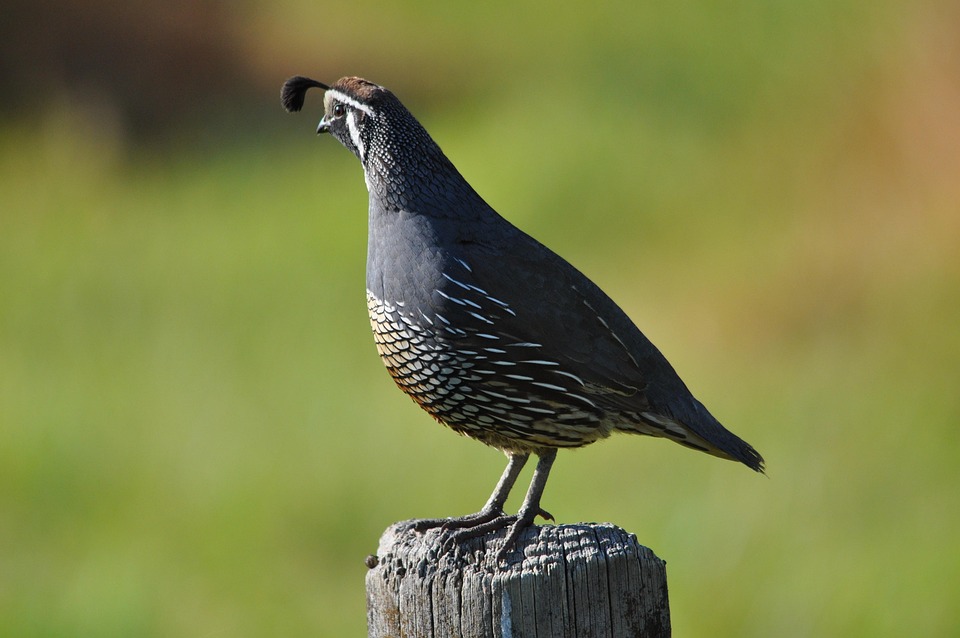Shops have torn the darkness. Night after night, the 44 -year -old doctor of Guinea clung to the hope that the besieged city would last in one way or another. Then, one morning at the end of January, the call came: he and the remaining international staff had to be evacuated immediately.
“We took the last flight,” he recalls.
A few hours later, Goma was in the hands of M23. The rebel group led by Tuts, supported by neighboring Rwanda, had just won its most daring military victory to date.
For the most part, it would have been the end of history: a narrow escape, a mission interrupted. But, while the plane rose from the track, he knew he would come back. The only question was: how long?
Dr. Thierno Baldé, 45, led the WHO response to Goma after the city fell to M23 Rebels at the beginning of 2025. (File)
A reluctant interlude
Back in Dakar, where he heads the World Health Organization (WHO) Crave of emergency for West and Central Africa, Dr. Balde has become agitated. Civil massacres reports continued to get out of northern Kivu, each new detail going deeper. The colleagues he had left him. With each dark report, his conviction has deepened: his place was by their side.
Two weeks later, the day he was 45 years old, he was used to direct the agency’s response in the eastern DRC. He kept his parents’ mission to Conakry, his hometown, to spare fear.
“I only told them once I was already there,” he admitted, almost timidly. His wife and two children have long lived in looking at him disappear in the most dangerous crises in the world.
Return to ruins
It took him five days to reach Goma. At that time, the airport had been closed and the roads rushed with control points.
The city he found was dug. The power lines were down, the hospitals piled up of wounded and speak of the streets strewn with bodies. Fear had settled like Ash after a fire on each face. “In 15 days, everything had changed.”
His team was broken. About twenty Congolese staff members, glider of exhaustion, had tried to maintain together the fragile health system of the city. He gave half of these days off to recover, although each pair of hands desperately needed. It was the least he could do.
And yet, in the middle of the wreckage, there was a blow of fortune. Unlike most other United Nations agencies, WHO warehouses had not been looted. They have become rescue lines, providing fuel to electric hospitals, surgical kits so that injured and cellular phones coordinate emergency evacuations.
However, the figures were overwhelming, with up to 3,000 dead, according to the first reports. The bodies were to be treated quickly before the propagation of the disease.
“We had to bury everyone intensely, in a very specific time,” he said, noting that who ended up paying local seriousness to recover the corpses.
The bodies are buried with the help of the WHO staff in the aftermath of the Goma fall to the M23 rebels in early February 2025. (File)
The spectrum of cholera
On the day of his return, another disease was announced: cholera. The first cases had just been confirmed in a Monusco Camp, where hundreds of disarmed Congolese soldiers and their families had asked for a shelter after losing the city at the M23 militia. The bases of the United Nations peacekeeping mission, designed for blue helmets, were not built to accommodate a large number of civilians. Sanitation conditions were disastrous and the disease spread quickly.
That night, Dr. Balde could not sleep.
The next morning, he entered the camp and saw patients stretched on the ground. There were 20 or 30 people, with a single doctor, he recalls. Two had already died.
For days, his team rushed to retain the tide, with chlorine for disinfection, protective equipment, fortune sorting and staff recruited and trained on site. The vaccines were precipitated from Kinshasa.
Rumors crossed the city
However, rumors struck the city.
“People have started to say” cholera explodes to Goma and which is overwhelmed “. He, who had come for a humanitarian relief, has now ended up with an epidemic on his hands.
“We had to reorient ourselves completely,” he said. The ghost of another Haiti, where the UN played a role in a cholera epidemic in 2010, flew over each of its decisions.
As if it is, another disease spread. MPOX, once confined to the tentacular camps of displaced people on the outskirts of Goma, now overturned in the city himself. These camps, which house hundreds of thousands uprooted by previous waves of violence in the region, were empty in the chaos of the fall of Goma.
“The patients found themselves in the community,” he said.
Dr. Thierno Baldé (center on the left) and his colleagues visit a health center supported by the WHO, offering care to the population of Goma. (deposit)
Sitting in front of the rebels
Then came the men with rifles. One afternoon, they broke into the compound of the WHO without warning. Were under orders of M23, combatants acting alone or simple criminals? It barely intended. The staff said them, persuading them to leave, but the incident clearly said. Without a certain understanding with the de facto authorities, the work of the agency could be compromised overnight.
Thus, Dr. Balde looked for them.
“We gathered the courage and went to meet them,” he said. In the offices of the Governor of North Kivu, now managed by the rebels, he made his card of Who Who “Incident Manager”.
“I told them Ebola Can affect everyone, cholera can affect everyone. We are here to contain them.
A channel has been opened. Fragile, but enough.
The cost of altruism
There is a rigid price to pay to help others. In Goma, the days were scrambled together. Hours have been spent in fever meetings and evenings spent alone in a hotel where highly armed men have dinner in nearby tables.
During Ramadan, with the city under curfew, he broke the fast every night with the same simple meal, the city outside trembling with uncertainty.
When he returned to Dakar two months later, his blood tests were in disorder.
“It was a real personal sacrifice,” he said, “and I’m not even talking about mental health. As a humanitarian, you must also take care of yourself. »»
A veteran, still marked
Dr. Balde is no stranger to disaster areas. Trained in Guinea and Quebec, an associate professor at the University of Montreal, he cut his teeth with the Canadian Red Cross in Haiti after the earthquake, then in Guinea during the Ebola epidemic. Since he joined WHO in 2017, he was faced with the emergency after the emergency, especially COVID 19.
I did everything I could come back, but I paid a price.
And yet, he admitted, Goma left a brand that few other crises had.
“I did everything I could go back, but I paid a price.”
In the Senegalese capital, his family also carries this price. His children know that their father disappears in places where the world separates. His wife learned to live with the absence.
However, when he talks about these feverish weeks in the east of the DRC, a sentence returns again and again, insistent and unshakeable: “I had to be there.”
Originally published at Almouwatin.com








